Off-grid News
-
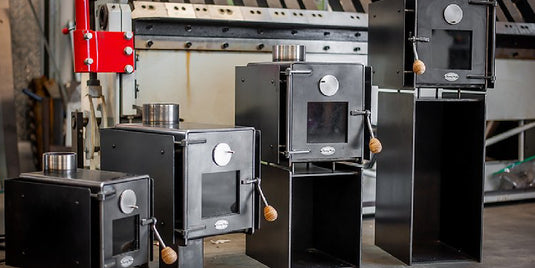
Heating Solutions for Cozy Nights: Ideal Options for Tiny Homes and Cabins
Kia ora, off-grid adventurers! As the crisp evenings start to draw in, there’s nothing quite like the embrace of a warm, cozy home. Whether you’re nestled in a tiny home... -

Energy Efficient Heating Solutions for Off-Grid Living
Kia ora! At Off-Grid Collective, nestled in the heart of New Zealand, we embrace a lifestyle that champions sustainability and self-sufficiency. As the colder months approach, the comfort of a... -
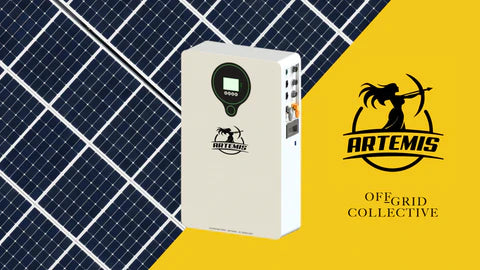
Make a Difference: Power Your Home, Protect the Planet
This week, let's delve into the heart of sustainability with the Artemis Solar Kit. Envision a world where every home harnesses the sun's power, contributing to a greener, cleaner planet.... -
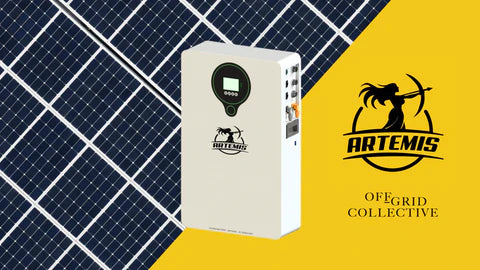
Live Uninterrupted: The Solar Kit for Every Lifestyle
This week, let's illuminate how the Artemis Solar Kit isn't just a product but a lifestyle revolutionizer. Imagine a world where your energy concerns are a thing of the past,... -
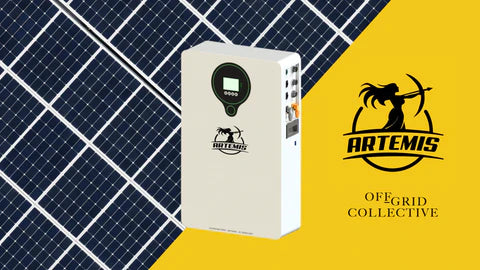
Why Go Modular? Discover the Flexibility of Our Solar Kit
Ever felt boxed in by one-size-fits-all solutions? We hear you loud and clear. That's why we're thrilled to introduce the ultimate game-changer in sustainable off-grid living: the Artemis Solar Kit. It's all about flexibility, adaptability, and, yes, expanding your horizons! -
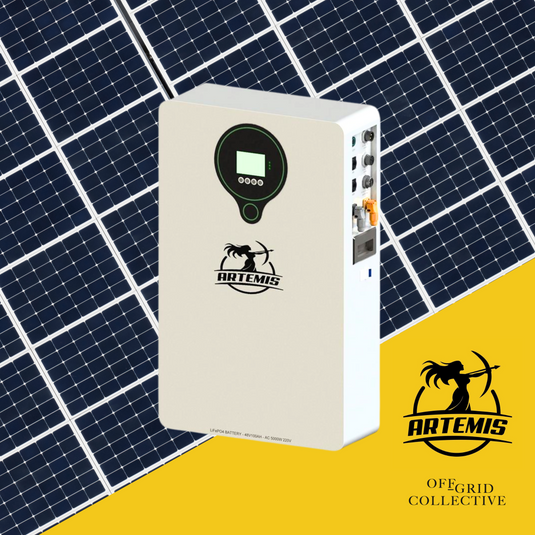
New cost effective, modular Solar Kits - solar your way
The need to strive towards a sustainable and environmentally friendly future for New Zealanders has never been more apparent and critical than now. Here at Off-grid Collective, we are noticing a significant shift towards renewable energy sources which is a testament to our small nations efforts to embrace a cleaner, more sustainable way of living. -
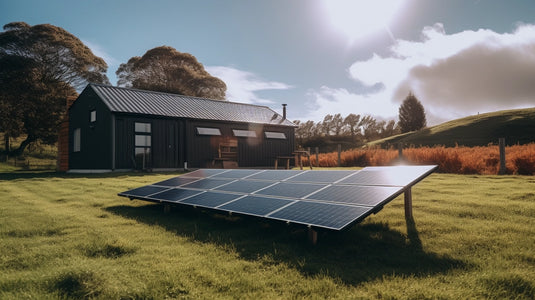
NZ Infrastructure on the brink
NZ Infrastructure on the brink: Off-grid innovations could make NZ a global green leader In the lush landscapes of Aotearoa, a land celebrated for its stunning natural vistas, a pressing... -

What to do with your composting toilet waste? Humanure!
Humanure, also known as human manure, is composted human poop for use as a fertiliser. Now hear us out! While the concept of using human waste for fertilisation may seem unappealing at first glance, it has been practiced for thousands of years in many parts of the world, and is gaining renewed interest as a sustainable and eco-friendly alternative to chemical fertilisers and a closed loop solution to human waste management. -

What's the deal with Califonts? - Battery ignition vs 240V ignition
There are two main styles of Califonts available with the difference between the two styles being the ignition source. Your first option is battery ignition, this is achieved by 2 x D size batteries. The second option has 240V ignition, this style of Califont is the most commonly found on homes in urban areas and not as common in an off-grid situation. -
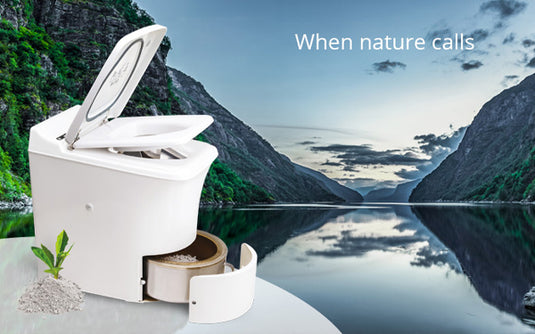
A toilet fit for the ball?! Meet the Cinderella Freedom Toilet
The Cinderella Freedom Incinerating Toilet is an increasingly popular off-grid toilet that provides a modern and hygienic alternative to traditional toilets. It is widely used in various locations where access to sewage systems and water is limited or unavailable, such as cabins, boats, motorhomes, tiny homes, and off-grid homes. The Cinderella Freedom incinerating toilet offers several benefits over traditional toilets, including improved hygiene, water conservation, and ease of maintenance. -

The Importance of Preparedness and Emergency Planning in Off-Grid Living
Off-grid living is a lifestyle choice that is becoming more popular in Aotearoa as kiwis seek greater independence, environmental sustainability, and financial freedom. While there are many benefits to this lifestyle, it also comes with its own set of challenges and risks, especially in a country with varied weather patterns. One of the most important considerations for off-grid living is being prepared for an emergency event. In this article, we will explore why preparedness is crucial in off-grid living, and what steps you can take to ensure your safety and well-being in the event of an emergency. -

Solar Power Battery Storage - why it's important!
The unusual weather experienced by much of the North Island over the 2022/23 holidays highlights why adequate battery storage is important for solar power systems as a way to store excess energy generated on sunny days for use on days when the weather is not sunny enough to generate power. We recommend that your battery storage should be designed with winter in mind, where the rain and cloudy days are "usually" more common. If you plan towards having three days worth of battery storage, then the reliance on a generator or other power sources greatly reduces.
 is here! Shop now, pay later in 4 easy installments
is here! Shop now, pay later in 4 easy installments













